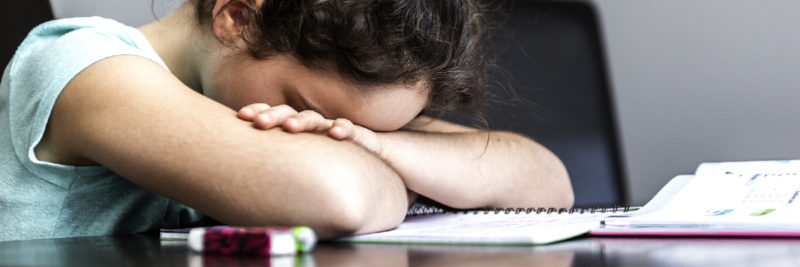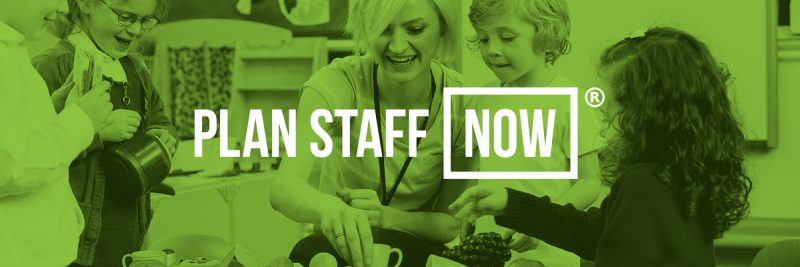Racism in UK schools: can we learn from South Africa?
Racism in UK schools: can we learn from South Africa?
Since the announcement of Brexit, there has been a considerable increase in reports of racism, hate crime and racist incidents across the UK. These types of incidents have largely been random and directed at anyone perceived to be “not British”.
Perhaps most worrying though is that a lot of teachers have also reported seeing a rise in the number of children experiencing racist incidents in the classroom. Police figures show reports of hate crimes and incidents in schools rose by 89% in the middle of the Brexit campaign.
A recent survey of teachers into the issue highlighted a “lack of confidence, training and support” in this area. Teachers questioned were in “overwhelming agreement” that anti-racist education should be integrated into the curriculum – with 90% of teachers strongly believing that this was the way forward.
Off the back of this, the general secretary of the Association of Teachers and Lecturers, Mary Bousted, said that: The Government needs to produce updated guidance that includes discussion of hate crime and speech and encourages critical thinking.
Programmes to tackle racism could encourage children to find out more about the historical multicultural nature of British society, dating back centuries, along with the influence and positive impact this has had on UK society.
Children could also look at the very crux of the issue to try and understand more about what racism actually is – discussing issues such as how racism isn’t always based on skin colour, as well as how “race” is a social construct.
But ideas aside, ultimately given these new increased levels of racism are being experienced widely both on the streets and in classrooms, programmes are something that needs to be implemented sooner rather than later.
The 2016-17 police figures capture hate crime reports from the 12 months starting April 1, 2016 – two weeks before the Brexit referendum campaign kicked off, and around 12 weeks before the vote.
Of the 21 forces that provided comparable data, 18 revealed they had experienced a sharp increase in reports of hate crime. The overall figure rose by 57 per cent from 271 in 2014-15, to 425 in 2016-17.
Police sources claimed that this increase in hate crimes reflects the “willingness and growing confidence” of victims to come forward.
Allana Gay, the deputy headteacher at Lea Valley primary school in north London, said the figures indicate “the confusion young people feel about who is a threat to their future”, and that they showed “our integration towards multiculturalism has a strong undercurrent of fear and poor understanding”.
To prevent such incidents in the future, Gay said schools need to have “open discussions” on race and give students “racial encounters beyond the stereotypes they read or hear about”.
She continued: “This would include initiating discussion about extremist activity around the world, how it is reported, how we feel and how we want to respond.”
Understanding when and why adolescents will challenge instances of racist or ‘bias-based’ bullying and discrimination in schools is clearly very complex, and this complexity seems to increase across adolescence. “However, we know that when bystanders defend others it can really help reduce these instances from recurring, so it’s important to consider what encourages or prevents young people in helping others,” said Dr. Sally Palmer, lead author of the Journal of Community and Applied Social Psychology study. “Our findings highlight the relevance of examining influences related to group-identity, particularly when dealing with issues of bias-based bullying. Certainly more research is needed to explore this issue further.”
The NASUWT says an extra 68,000 teachers from black and minority ethnic (BME) backgrounds need to be recruited to reflect the number of pupils in English schools.
Around 13% of state school teachers are from a BME background compared to 27% of pupils.
In a 2015 poll of 450 BAME teachers, 62% stated they did not believe that schools treated BAME pupils fairly. Perhaps it’s mere coincidence that black Caribbean students are three times more likely to receive permanent exclusions, with Gypsy/Roma pupils of Irish traveller descent experiencing the highest rates of exclusions. Perhaps.
Racism can be obvious, like racial slurs thrown your way, but it is more often subtle and restrained. Some prefer to call it “unintentional” or “unconscious bias” as though intent mitigates impact when you are on the receiving end of being dehumanised. Nebulous in nature and therefore hard to call out, racism as practised on an institutional level hides in plain sight.
Previous research by the Runnymede Trust and National Union of Teachers published earlier this year reported there being an “invisible glass ceiling” limiting BAME staff from being taken seriously for senior roles. Racism, as with every other field including education, fuels assumptions about what BAME individuals are best suited to. It would seem leadership isn’t considered a particular forte – a message that BAME children will absorb.
From an article by Will-Ed Zungu that appeared in The Huffington Post on ‘Racism in South African schools’, the extract below is surely pertinent to schools in Uk
The first step is for schools to get students to acknowledge their differences and not just ignore race and pretend it does not exist. By acknowledging our differences, teachers and learners can work through their own prejudices. Schools need to ensure that teachers are encouraging students to question inequalities in society, so together they can work towards institutional change to ensure a friendly equal learning environment.
Schools should have a zero tolerance for racist behaviour. Schools need to ask themselves, where can students go and complain about oppression? Who will be in charge of investigating these issues? And how will policies change to stop oppression in schools? The way I see it is that criticism should not only be pointed at society, but at the education system as a whole. Racism in South African schools becomes an addition or a by-product of racism around the country and the world, as people adopt and perpetuate the customs surrounding them.




